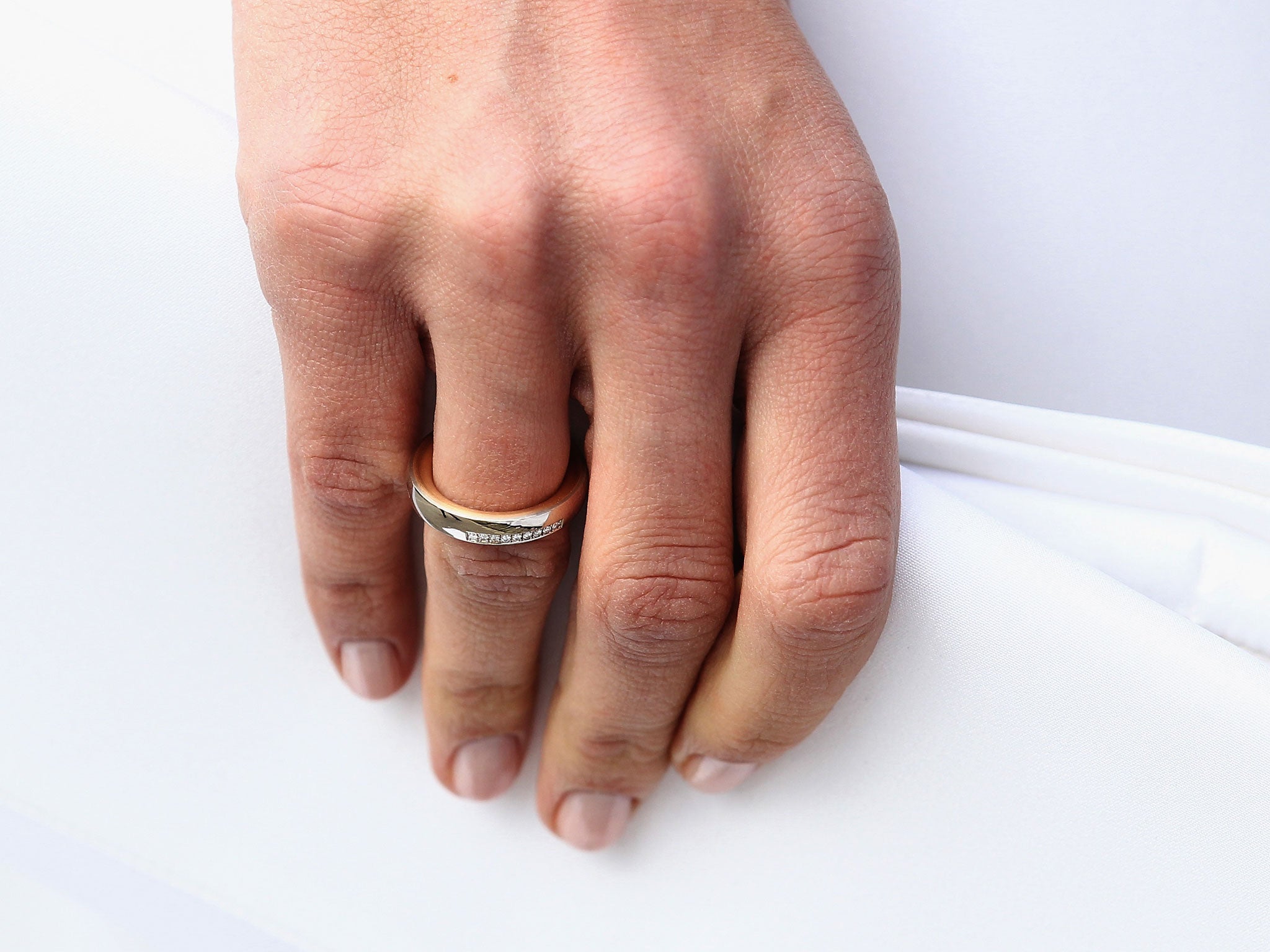Virginia Ironside's dilemmas: Sorry seems to be the easiest word
This reader's wife can't stop apologising, and it's putting a strain on the marriage

Dear Virginia,
I love my wife dearly but she drives me mad by apologising all the time. Every time anything bad happens she says "Sorry". Even her friends have noticed it, and it's really annoying me. We are having endless arguments over it, with me saying it sounds as if she's responsible for every bad thing that happens to anyone, and her saying it's just polite and everyone always said it in her family. I've told her that love means never having to say you're sorry, but she won't stop and it's actually becoming a bone of real contention.
Yours sincerely,
Anthony
Virginia says...
They always say it’s the little things that break a marriage, like forgetting to put the top back on the toothpaste or leaving the lavatory seat up. In your case, it’s your wife always saying sorry that drives you nuts.
I wonder what you dislike about her saying sorry? I suspect it’s because you were brought up with that crazy masculine mantra echoing in your mind: “Never apologise: never explain” – one of the worst precepts for happy living I have ever heard. Similarly with that sickly phrase that you quote: “Love is never having to say you’re sorry” – a piece of sentimental dishonesty that’s not going to get couples anywhere. It’s a kind of let-out for people, usually men, who find apologising extraordinarily difficult. The truth is that the way couples get on best is if they’re always saying sorry to each other. When one says: “I’m so sorry” and the other says: “No, it wasn’t your fault, it was mine,” the result is harmony.
We’ve all met people who are unable to say sorry. They feel that saying it would mean they would in some way unravel. They flounder about, using strange tactics like buying flowers or being more helpful in the house, leading their friends into saying: “Oh, that’s just his way of saying sorry.”
When your wife says she’s sorry, nine times out of 10 she doesn’t mean she’s apologising. There are dozens of ways of saying sorry. “I was very sorry to hear your son was killed in the tsunami,” isn’t an apology for the tsunami. It means, “I was so saddened to hear of your son’s death”. Similarly there’s no apology implied in, “I was very sorry to discover you had never thanked your aunt for that generous present she gave you”.
Even when someone bumps into her in the street and she says “sorry”, in that context “sorry” is simply an acknowledgement of a mutual accident. Sometimes, of course, your wife may say sorry because she is taking the blame. She forgot your birthday, she betrayed a friend’s secret. Do remember that it is only the very confident who can apologise. It’s the insecure and frightened who find sorry not a magic little word, as nanny used to say, but, rather, a very big and frightening word indeed. Be grateful your wife has the guts to use it frequently. And think about using it more often yourself .
Readers say...
You can get over it
I am in a similar situation, and my wife & I celebrated 39 years together recently. I decided to find out fairly early on in our marriage, from her older friends and my in-laws, what she was like as a child. It turned out she had always been apologising and it was part of her make-up. I don’t understand it, but l can now accept it. I love my wife whatever her character, as she does with me.
Name and address supplied
Lost in translation
I’d advise Anthony to get a grip. In many cultures, it’s normal to express sorrow at another’s misfortune, the opposite of schadenfreude. It’s not an apology or taking responsibility, but commiseration; sharing the suffering.
Sometimes it’s impossible to express accurately in English. For example, in Spanish there are two phrases, “Lo Siento” (I feel it [too]/commiserate) and “Perdona” (pardon me), but since we no longer use “pardon” in English, “sorry” is the best translation for both words. The meaning is not the same.
In several countries in Africa, people would say sorry to me when I tripped up or dropped something. It’s just normal.
Chris Wilson
Next week’s dilemma
Dear Virginia,
I still cannot get over the terrible guilt I feel about not seeing my mother before she died last year. I loved her so much, but we had a stupid row – which we often did, I’m afraid – over a small thing, and I refused to speak to her. This had gone on for 10 days and I was about to ring her so things could be normal again when my sister called to tell me she’d been killed in a car crash. I go over and over those moments, and feel so terrible that she died thinking I was angry with her. I will never forgive myself. Can you offer any comfort?
Yours sincerely,
Judy
What would you advise Judy to do?
Email dilemmas@independent.co.uk. Anyone whose advice is quoted or whose dilemma is published will receive a £25 wine voucher from thewinecompany.co.uk (twitter.com/thewineco)

Join our commenting forum
Join thought-provoking conversations, follow other Independent readers and see their replies